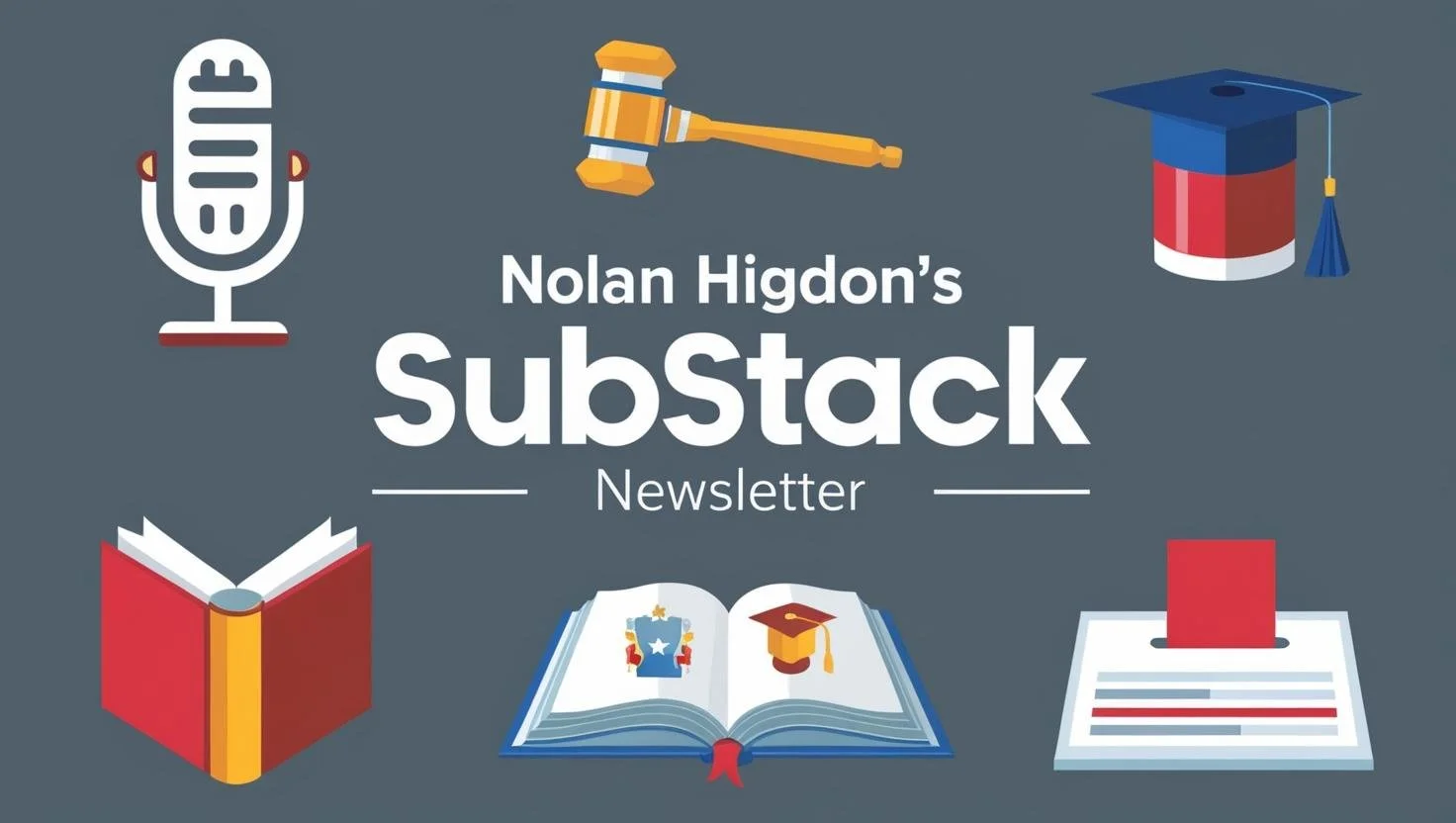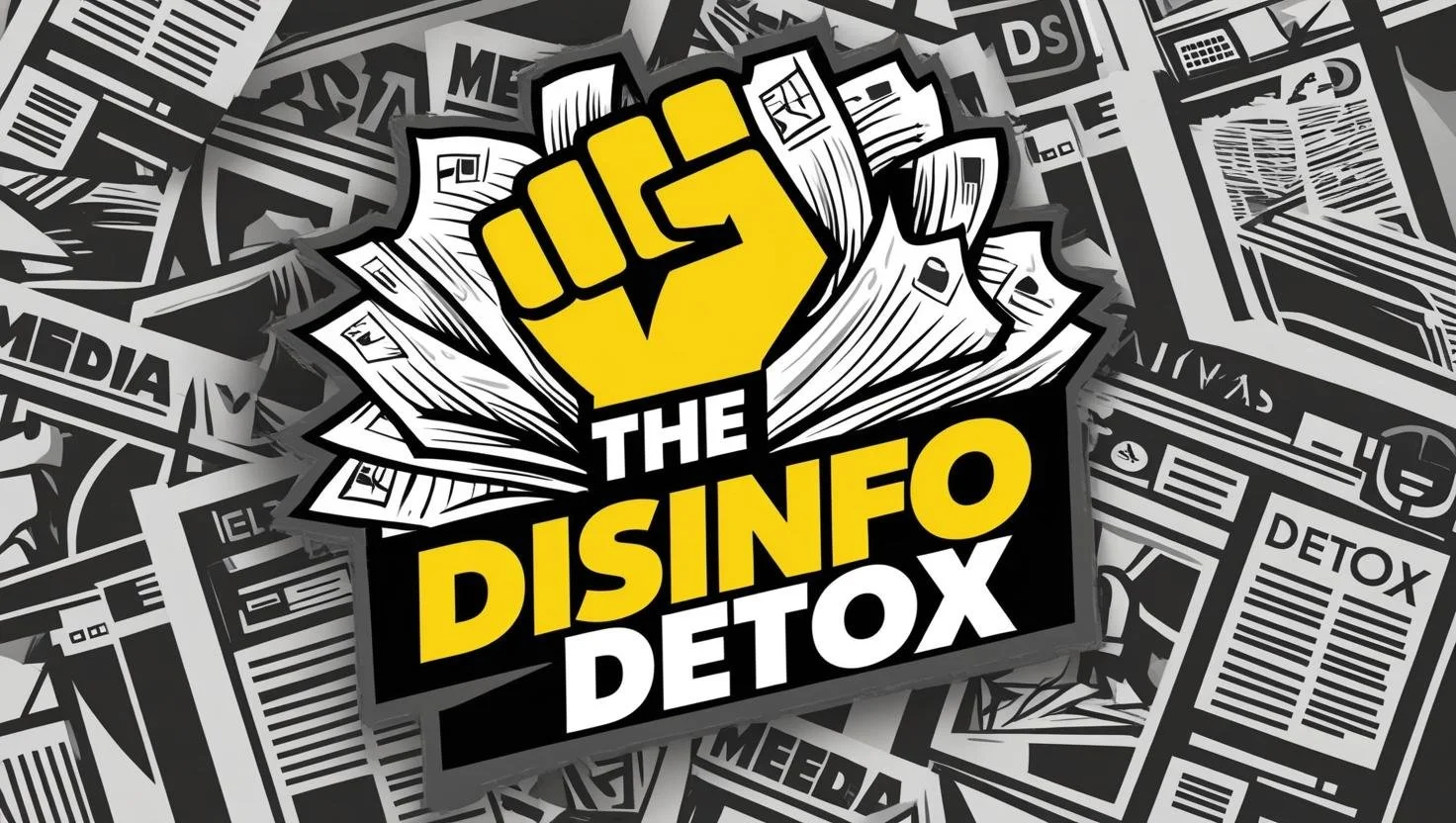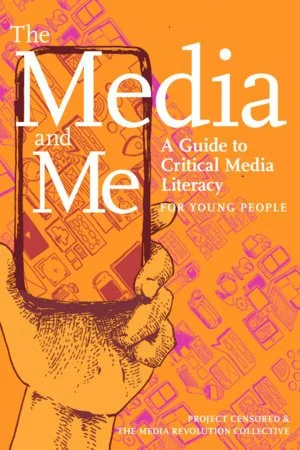
Nolan’s Publications & Projects
-

Nolan's Substack Newsletter
Want to cut through the noise? Nolan Higdon’s Substack delivers critical insights, timely analysis, and essential resources straight to your inbox. When you subscribe, you’ll get full access to everything Nolan publishes—no algorithms, no paywalls, just clear and direct communication.
This newsletter dives deep into the intersections of media, politics, and education, offering readers sharp critiques, underreported stories, and tools to navigate today’s complex information landscape. Whether you’re an educator, student, journalist, or engaged citizen, this is your go-to resource for understanding how power and propaganda shape our world.
Subscribe now and stay informed, empowered, and ahead of the spin.
-

The Disinfo Detox Podcast
The Disinfo Detox — a podcast hosted by Nolan Higdon. Disinfo Detox is dedicated to unraveling the systems behind today's most manipulated media narratives. Each episode features in-depth interviews with journalists, media scholars, and critical thinkers who break down the influence of corporate PR, political agendas, and algorithmic amplification on the news we consume. Through original reporting, commentary, and analysis, The Disinfo Detox equips listeners with the tools to think critically, ask better questions, and resist disinformation in all its forms.
💥 Be sure to like, follow, and subscribe — and help spread the detox by sharing with others who care about truth in media. (Spotify, Apple Podcasts, iHeart, and YouTube ) -

Surveillance Education Navigating the Conspicuous Absence of Privacy in Schools By Nolan Higdon, Allison Butler (2025)
Surveillance Education explores the pervasive use of digital surveillance technologies in schools and assesses its pernicious effects on students. Recognizing that the use of digital technologies will persist, the authors instead offer practical ways to ameliorate their impact.
-

Censorship, Digital Media, and the Global Crackdown on Freedom of Expression edited by Robin Andersen, Nolan Higdon & Steve Macek (2024)
Censorship, Digital Media and the Global Crackdown on Freedom of Expression explores the rising global phenomenon of censorship across various media platforms, in schools, universities, and public spaces. It documents physical assaults, legal restrictions, and the exclusion of critical topics from public discourse. This volume analyzes contemporary censorship methods, emphasizing the anti-democratic implications and the threat to civil society, human rights, and global democracy. It delves into the dangerous consequences of suppressing dialogue, information dissemination, and educational materials, providing insight into the challenges faced by critical media literacy and activists. The book advocates for policy alternatives, including economic restructuring of media, global agreements on freedom of the press, and educational strategies to preserve global freedom of expression.
-

Transformative Practice in Critical Media Literacy Radical Democracy and Decolonized Pedagogy in Higher Education Edited BySteve Gennaro, Nolan Higdon, Michael Hoechsmann (2024)
Transformative Practice in Critical Media Literacy brings together a diverse selection of essays to examine the knowledge production crisis in higher education and the role that news media and technology play in this process. This text highlights the importance of radical pedagogy and critical media literacy to fight back and reclaim higher education as the battleground for democracy and the embodiment of citizenship. Using a global and social justice lens, it explores the transformative potential of critical media literacy in higher education.
-

The Media and Me A Guide to Critical Media Literacy for Young People (2022)
The Media and Me provides readers with the tools and perspectives to be empowered and autonomous media users. The book explores critical inquiry skills to help young people form a multidimensional comprehension of what they read and watch, opportunities to see others like them making change, and insight into their own identity projects. By covering topics like storytelling, building arguments and recognizing fallacies, surveillance and digital gatekeeping, advertising and consumerism, and global social problems through a critical media literacy lens, this book will help students evolve from passive consumers of media to engaged critics and creators.
-

Let’s Agree to Disagree - A Critical Thinking Guide to Communication, Conflict Management, and Critical Media Literacy By Nolan Higdon and Mickey Huff (2022)
In an age defined by divisive discourse and disinformation, democracy hangs in the balance. Let’s Agree to Disagree seeks to reverse these trends by fostering constructive dialogue through critical thinking and critical media literacy. This transformative text introduces readers to useful theories, powerful case studies, and easily adoptable strategies for becoming sharper critical thinkers, more effective communicators, and critically media literate citizens.
-

The Podcaster's Dilemma: Decolonizing Podcasters in the Era of Surveillance Capitalism Nicholas L. Baham III, Nolan Higdon (2022)
In The Podcaster's Dilemma: Decolonizing Podcasters in the Era of Surveillance Capitalism, Drs. Nolan Higdon and Nicholas Baham III connect contemporary podcasting to the broader history of the use of radio technology in the service of anti-colonial struggle and revolution. By organizing the book’s analysis of decolonization through podcasting via three distinct activities—interrogation and critique, counter-narrative, and call to action—the authors create a lens through which they analyze and evaluate the decolonizing potential of new podcasts.
-

The Anatomy of Fake News A Critical News Literacy Education by Nolan Higdon (2020)
Since the 2016 U.S. presidential election, concerns about fake news have fostered calls for government regulation and industry intervention to mitigate the influence of false content. These proposals are hindered by a lack of consensus concerning the definition of fake news or its origins. Media scholar Nolan Higdon contends that expanded access to critical media literacy education, grounded in a comprehensive history of fake news, is a more promising solution to these issues. The Anatomy of Fake News offers the first historical examination of fake news that takes as its goal the effective teaching of critical news literacy in the United States. Higdon employs a critical-historical media ecosystems approach to identify the producers, themes, purposes, and influences of fake news. The findings are then incorporated into an invaluable fake news detection kit. This much-needed resource provides a rich history and a promising set of pedagogical strategies for mitigating the pernicious influence of fake news.
-

United States of Distraction: Media Manipulation in Post-Truth America (And What We Can Do About It) by Nolan Higdon & Mickey Huff (2019)
The role of news media in a free society is to investigate, inform, and provide a crucial check on political power. But does it?
It's no secret that the goal of corporate-owned media is to increase the profits of the few, not to empower the many. As a result, people are increasingly immersed in an information system structured to reinforce their social biases and market to their buying preferences. Journalism’s essential role has been drastically compromised, and Donald Trump’s repeated claims of "fake news" and framing of the media as “an enemy of the people” have made a bad scenario worse.
Written in the spirit of resistance and hope, United States of Distraction offers a clear, concise appraisal of our current situation, and presents readers with action items for how to improve it.